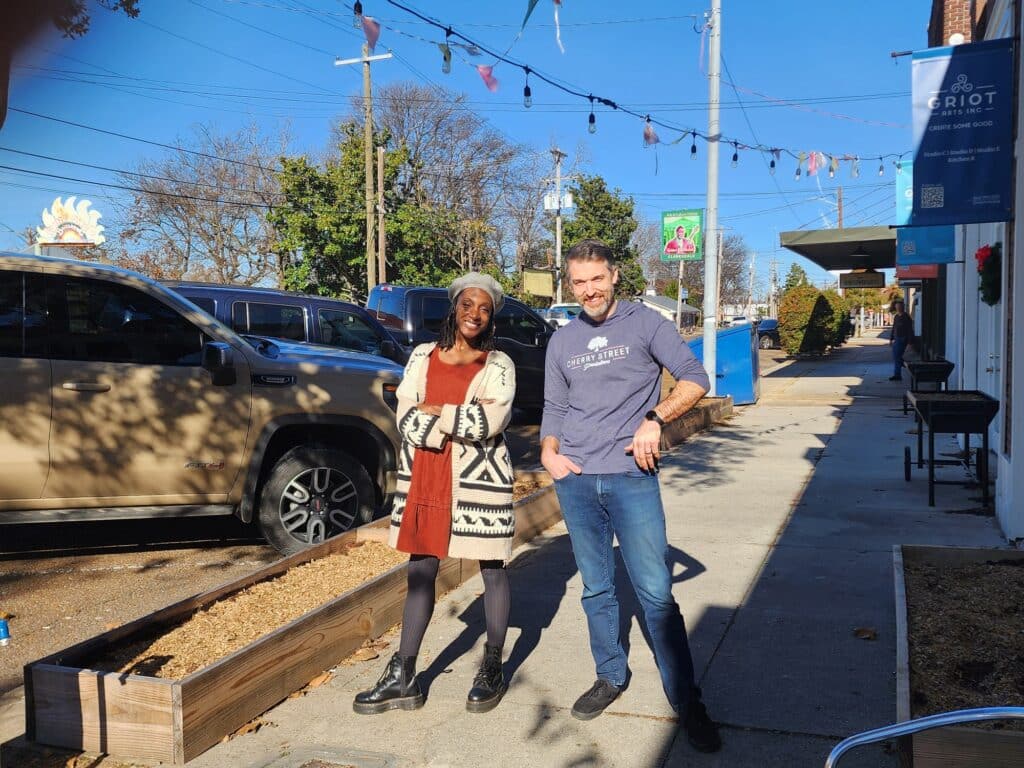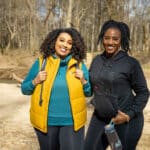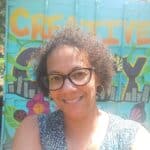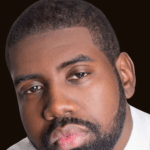Meaningful Conversations in the Delta
Home »

A few months ago, I got in my car and headed south to eventually go west so that I could hike in Utah. As I headed south, I planned a two-night stay in Clarksdale, Mississippi. I wound up staying in Clarksdale for five days, in Mississippi for eight days, and ultimately, not making it to Utah.
I reached out to friends at the Walton Family Foundation and asked if they could help me identify a few podcast guests in the Mississippi Delta for my podcast. Their team pulled together five people who were willing to speak with me (Rebekah Pleasant-Patternson and Ben Lewis of Griot Arts, Dr. Rolando Herts of the Delta Center, Dr. Pam Chatman of Boss Lady Economic Planning and Workforce Transportation), and Keith Johnson, Prince of the Delta Blues. They even found someone to show me around so that I wouldn’t have to explore completely alone.I expected to be in and out, but I got a lot more than I bargained for. In short, I went in quickly, but was in no hurry to get out. Not only did I get the scheduled interviews, I also got several impromptu conversations and interviews (You’ll find those conversations on my blog site. Unofficially, I spoke with Thaxton Abshaloam Waters, Kinchen “Bubba” Okeefe, Herman Johnson, Director of The Mound Bayou Museum of African American Culture and HIstory, and Benjamin Saulsberry, Director Public Engagement and Museum Education at Emmett Till Interpretive Center).
My time in the Delta was a personally affirming professional experience. Personally, I felt completely at home. Almost immediately, I felt an affinity with the people I met. Even though I didn’t know them, I knew them. For example, when I met the Director of the Mound Bayou Museum of African American Culture and History and told him what I’d planned after I left the museum, he shared concerns for my safety, especially as a woman traveling alone, in much the same way that my uncle would. On the other hand, parts of the Delta reminded me of Hampton, GA, the rural area south of Atlanta where my great grandparents lived. Professionally, I respect the work that they are doing and see their commitment to it. As I talked to each of them, it was as if they navigated the world with “But for the grace of God, there go I” playing in their minds. By the same token, I could see how their work could lead to burnout. The one consistent perspective among all of my podcast guests was their acknowledgement that their work is as much about connecting people to opportunity as it is about hope. It is hard to look into the eyes of people who are struggling and doing the best that they know and not feel anything,
With each new person that I met, my desire to root for the Delta grew. I also felt conflicted: how do you tell the story of the Delta and avoid reducing it to a narrative of about just rural poverty (Anecdotally, I do think rural poverty is more difficult than urban poverty because the lack of public transportation translates into a type of isolation that cuts residents off from options that improve the quality of one’s life, i.e grocery stores, medical care, and work that pays a living wage, among other things)? The only Delta narrative stronger than the story of poverty is its history of racism. As I drove by plantation after plantation, certain realities that I’d never considered before just jumped out at me. For example, Ruleville, MS, where Fannie Lou Hamer lived, died, and was buried and right down the road from the Tallahatchie County Courthouse where Emmit Till’s body was recovered and where his murderers were acquitted. As I continued to I crisscross the state, from Tunica to Natchez, I came to the realization that these narratives are inescapable and that it would be both a mistake and a projection of my own shame to minimize either. There must be space for what the Delta has been and what it can become.





